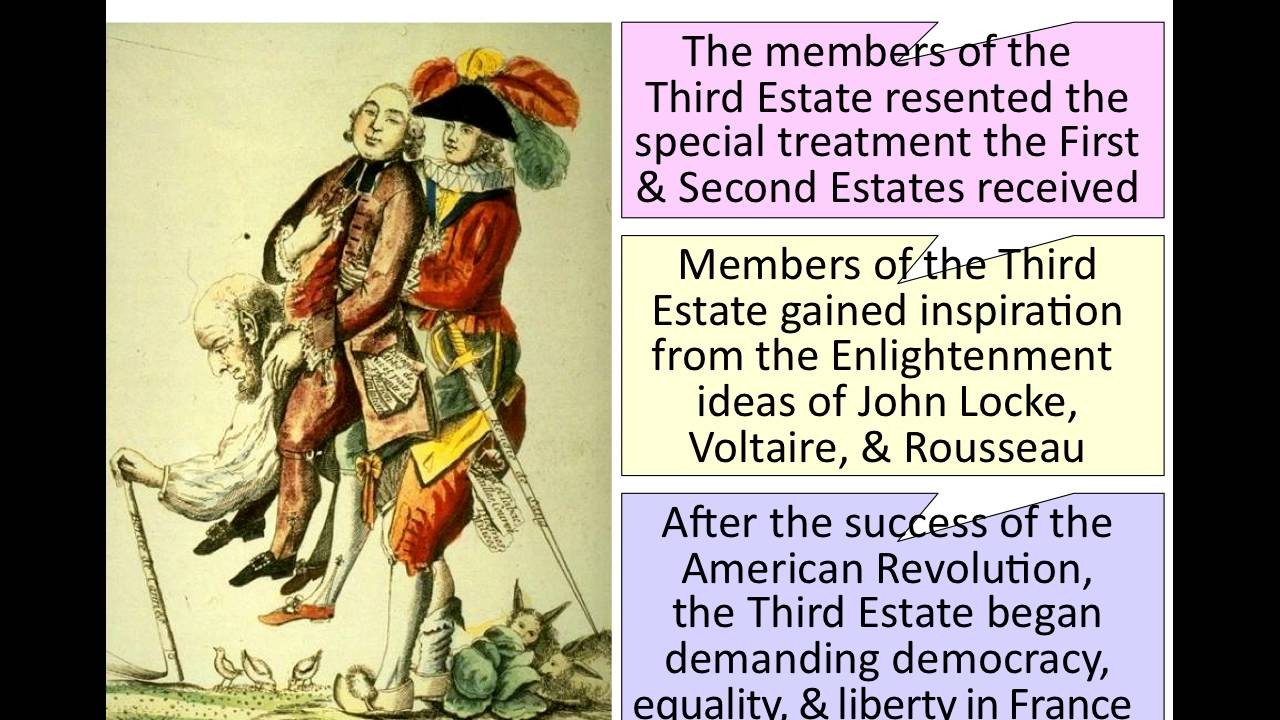Honest, earnest, and pious, but also clumsy, irresolute, and stubborn, Louis XVI (r. 1774-1792) was most at home hunting, eating, or tinkering with locks. He also labored under the handicap of a politically unfortunate marriage to a Habsburg.
Marie Antoinette (1755-1793), the youngest of the empress Maria Theresa’s sixteen children, was badly educated, extravagant, and completely isolated in the artificial social world of Versailles. To French patriots she was a constant reminder of the ill-fated alliance with Austria during the Seven Years’ War.
For want of a good administrator, the machinery of centralized royal absolutism was gradually falling apart. That it functioned at all could be credited to a few capable administrators, notably the intendants who ran so much of provincial France. The most efficient of the intendants provided a sense of direction, but most could do little to slow the disintegration of the central government.
The whole legal and judicial system required reform. The law needed to be codified to eliminate obsolete medieval survivals and to end the overlapping of the two legal systems—Roman and feudal—that prevailed in France. The courts needed a thorough overhaul to make them swift, fair, and inexpensive. Many judges and lawyers purchased or inherited their government positions and regarded them as a means to private enrichment and elevation to the nobility of the robe.
Louis XV had permitted his ministers to attack the strongholds of these vested interests, the parlements. One of the last acts of his reign had been their replacement by high courts of royal appointees.
One of the first moves taken by Louis XVI was to restore the parlements, a popular measure because many viewed the parlements as a check on absolute monarchy. They often failed to see that the parlements were also an obstacle to social and economic reform.

